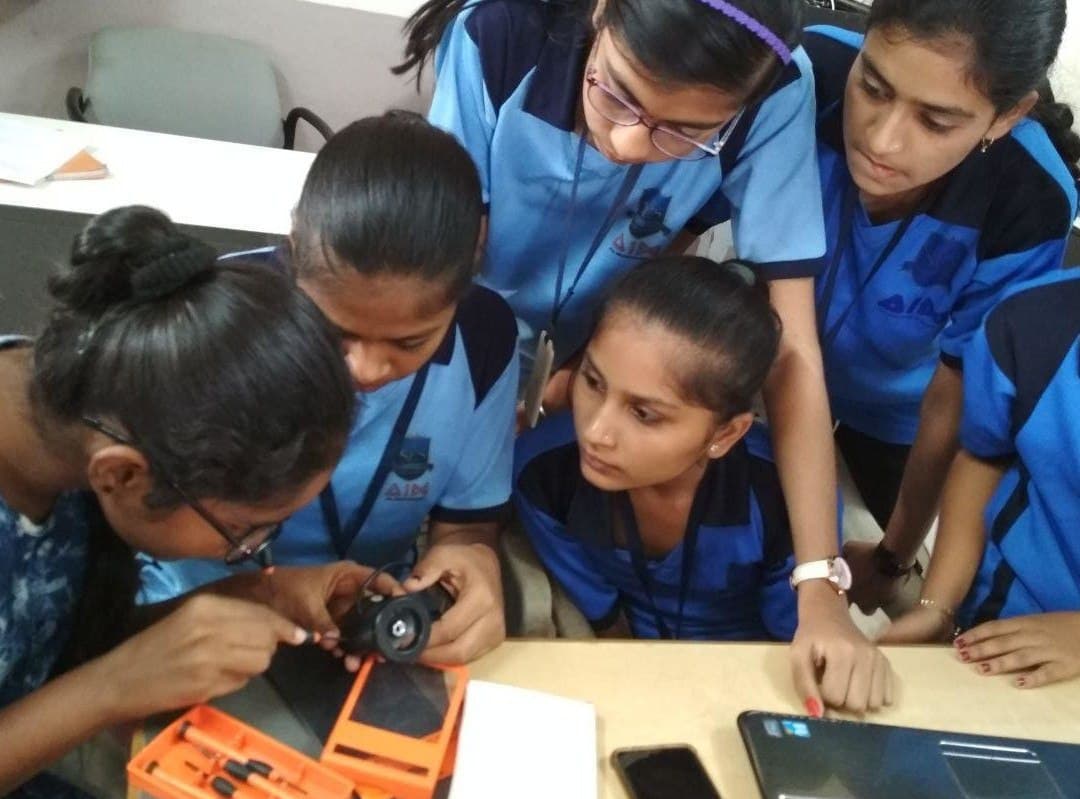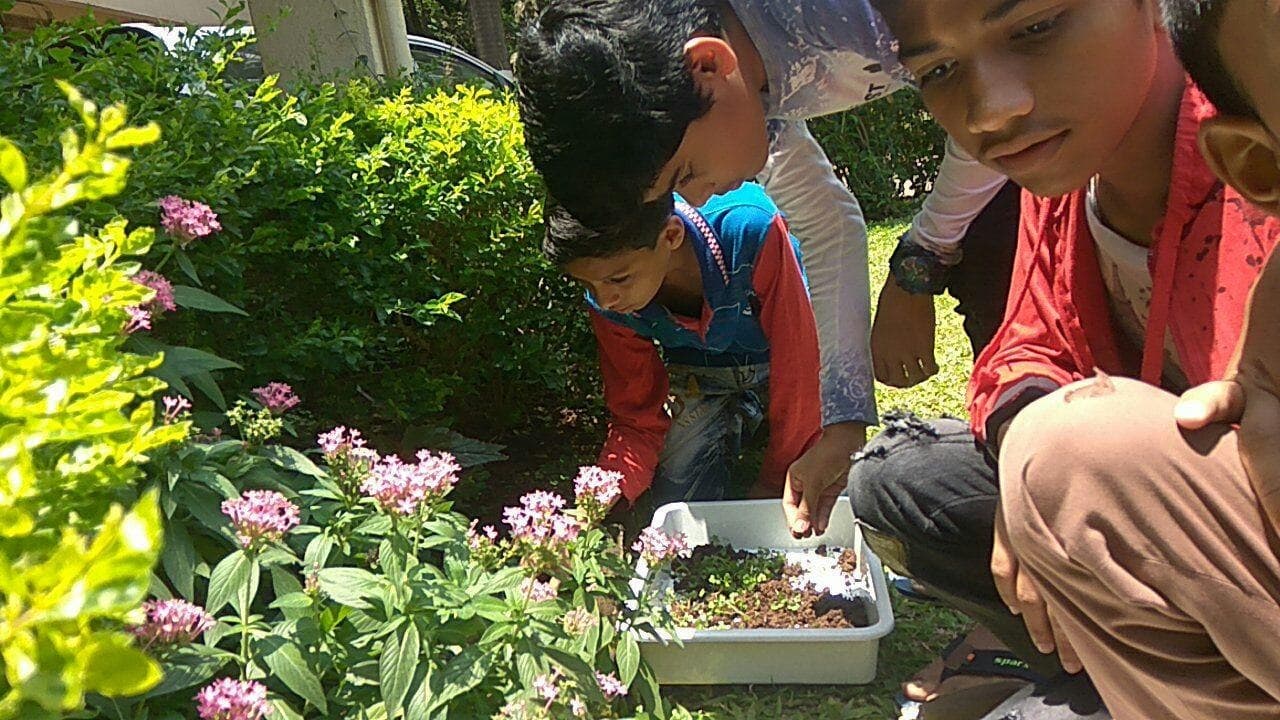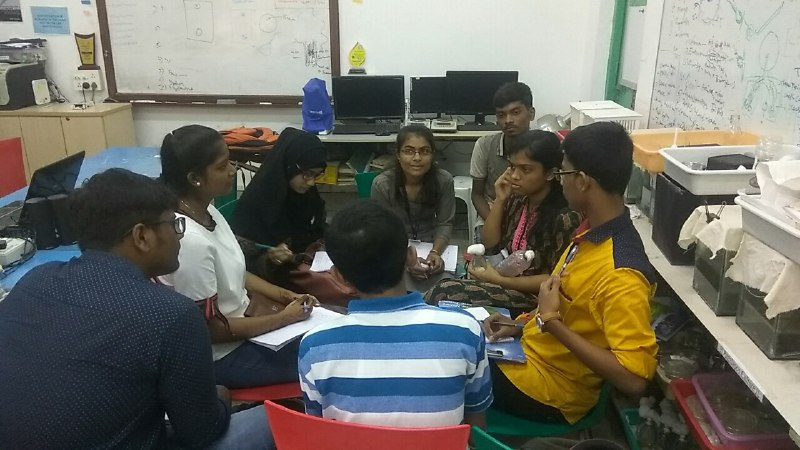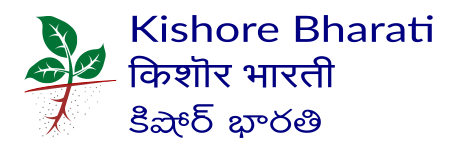Academic activities must be boot-strapped to sustainable lifestyles, and learning to design and develop such lifestyles must be an integral part of an academy. Development to be redefined in terms of how close we are to sustainable living practices. Learning, like life, is ongoing and should not stop after formal graduations or taking up a job. Life practices in human beings are cultural practices, including STEM (Science, Technology, Engineering, and Mathematics) as a subculture. Hence imparting and recognizing STEM practices/habits should be the goal of education.
Our current academies are alienated from life. A selected few are allowed to enter into an isolated and guarded space. Effortless learning happens when we participate actively in our cultural and productive practices, indicating that learning environments and the projects we do in an academy must be close-to-life, though not life-itself. Accordingly, the living academy will be a public space of commons. More like the playgrounds, cricket, football, and carrom clubs at every street corner. There will be multiple studios in place of classrooms and labs. We propose at least three kinds of studios:
- Makerspace: for construction as a context for learning
- Labs and fieldwork: for investigation as a context for learning
- Chatshaala: an online and face-to-face conversation space for publication, discussion, and graduation



The gnowledge lab of HBCSE, TIFR designed and developed such studios. A prototype of an online gamified living academy was launched as https://metaStudio.org. The lab runs a CUBE (Collaboratively Understanding Biology Education) project across the country, demonstrating that investigations can happen anywhere and by anyone in a distributed and decentralized way.
A living academy does not need a walled campus. Instead, it will be a platform hosting a network of spaces worldwide, communicating with each other. It operates as a laboratory, from the perspective that that science, technology, engineering, and mathematics (STEM) are sub-cultures of art. Hence it is appropriate to learn art in a studio than in a classroom. In this broader sense, arts and humanities are not part of STEM, but STEM is part of art and humanities. This inversion in perception is its core philosophy.
Pedagogic Principles
- Knowledge is generated and propagated through recurring action patterns (action schemas), called habits/practices.
- Learning happens through assimilation and accommodation of knowledge in the form of a network of actions performed by socially networked agents.
- The best context for learning is written, verbal, and expressive conversation in a constructive playful environment and local dialects/languages.
- The context for conversation is an investigative and/or creative development project.
- Bring cultural practices, such as STEM/Academic habits, into the foreground while keeping the content in the background.
- A collaborative, friendly, safe, playful, and negotiated learning environment is required for inclusive education.
- A learning environment to be kept as close-to-life and as close-to-professional practices as possible.
- The outcome of learning to be made visible to and experienceable by the learner.
- Every individual need not master all the academic habits, and it is unrealistic to seek such mastery.
- Individuals are graduated for developing habits (enculturation) and not based on memorizing content.
- Local knowledge is best captured in local languages, and hence mastering, curating and archiving such skills/knowledge will be part of academic practices.
During the transitional phase of the Living Academy (LA)
- As a consultant to schools, colleges, and other academic agencies to do STEM projects, and linking projects as a context to the curriculum.
- Creating and curating STEM projects and supporting the knowledge transfer to academic agencies and community clubs.
- Create an alternative curriculum and assessment model based on project-based STEM education in local languages
- Creating and supporting STEM CLUBs and Makerspaces with support from people’s science organizations and other communities that work in rural spaces across the country
- Launching and executing citizen science investigations
- Expanding the participatory base of STEM practices by creating spectators, participants, and leaders.
Guiding Principles for Operating the Living Academy (LA)
- A distributed and decentralized academy centered around contributing people and local agencies.
- Operates through a network of functional partnerships with both people, public and private academies
- All resources will be creative commons/public domain resources.
- Content is an outcome of culture and will be free for all
- Free-libre and open-source software for all codified operations
- Open hardware
- Staff recruitment will be based entirely on demonstrated skills and assessment of potential and does not depend on formal degrees.
